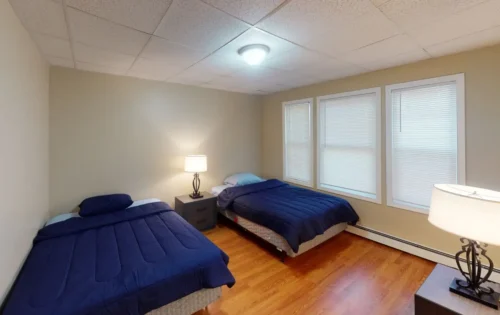
Relying on alcohol to mask the stressful feeling you have after work could cause you to drink more alcohol. This means that you will need to drink more alcohol over time to get the same relaxing feelings you had in the past. Alcohol dependence is the result of this because stress does not go away with alcohol, it could pile up. So instead of dealing with what is stressing you out, you use https://ecosoberhouse.com/ alcohol to give you a short-term relaxation feeling. Going out for drinks has become a routine for work-related celebration, whether it’s winning a new account or nailing a big presentation. With the rise of coworking spaces, regular beer on tap is advertised as a selling point.
- If you can, please show your appreciation for our free content by donating whatever you think is fair to help keep TLE growing and support real, independent, investigative journalism.
- Health issues such as kidney disease or liver disease can make you more prone to adverse effects of alcohol and more severe alcohol withdrawal symptoms.
- After-work drinking is a common social practice that, while seemingly harmless, can escalate into health risks and dependence.
- Regular after-work drinking can take a toll on our physical well-being, impacting various aspects of our health.
- Furthermore, the economic cost of after-work drinking is substantial.
- Research indicates that consistently high levels of alcohol consumption are directly linked to the development of serious liver diseases such as cirrhosis and hepatitis.
Why Employees Quit (and 7 Steps to Retain Them)
- Employers should proceed carefully when it comes to employees who struggle with alcoholism.
- Understanding your motivations can help in assessing whether your drinking habits are healthy or potentially problematic.
- It’s meant to explain why getting medical help for withdrawal isn’t just about comfort – it’s about safety.
- Over time, consistent disruption of sleep can contribute to the development of chronic sleep disorders such as insomnia or sleep apnea.
- The employee is in “denial” at this point and does not see that he or she has a problem.
There are several reasons why a person may want to drink after work. Apart drinking after work from simply wanting to go out with co-workers or friends, they may drink to cope with the day’s stresses. Unfortunately, many occupations come with stress while others may take lots of manual labor.
Alcoholism in the Workplace
It’s often seen as a way to decompress, celebrate team achievements, or simply transition from work mode to personal time. While there’s nothing inherently wrong with enjoying a drink at the end of the day, it’s important to be mindful of the reasons behind this habit. Are you drinking to relax, or is it a coping mechanism for work-related stress?
Programs & Facility

In the workplace, the costs of alcoholism and alcohol abuse manifest themselves in many different ways. Absenteeism is estimated to be 4 to 8 times greater among alcoholics and alcohol abusers. Other family members of alcoholics also have greater rates of absenteeism. Alcoholics Anonymous Accidents and on-the-job injuries are far more prevalent among alcoholics and alcohol abusers.

After-Work Drinking and Liver Health
This innovation in the Middle East and other regions led to the natural fermentation of grains and the creation of beer.
- An agency may not take disciplinary action solely because an employee declines to undergo a voluntary alcohol test.
- Normally, the employee would not be charged as absent without approved leave (AWOL) unless the employee’s absence had not been approved.
- Stressors from your life outside of work may drive you to drink or get high, too.
- The late, or deteriorative stage, is best identified as the point at which the damage to the body from the toxic effects of alcohol is evident, and the alcoholic is suffering from a host of ailments.

